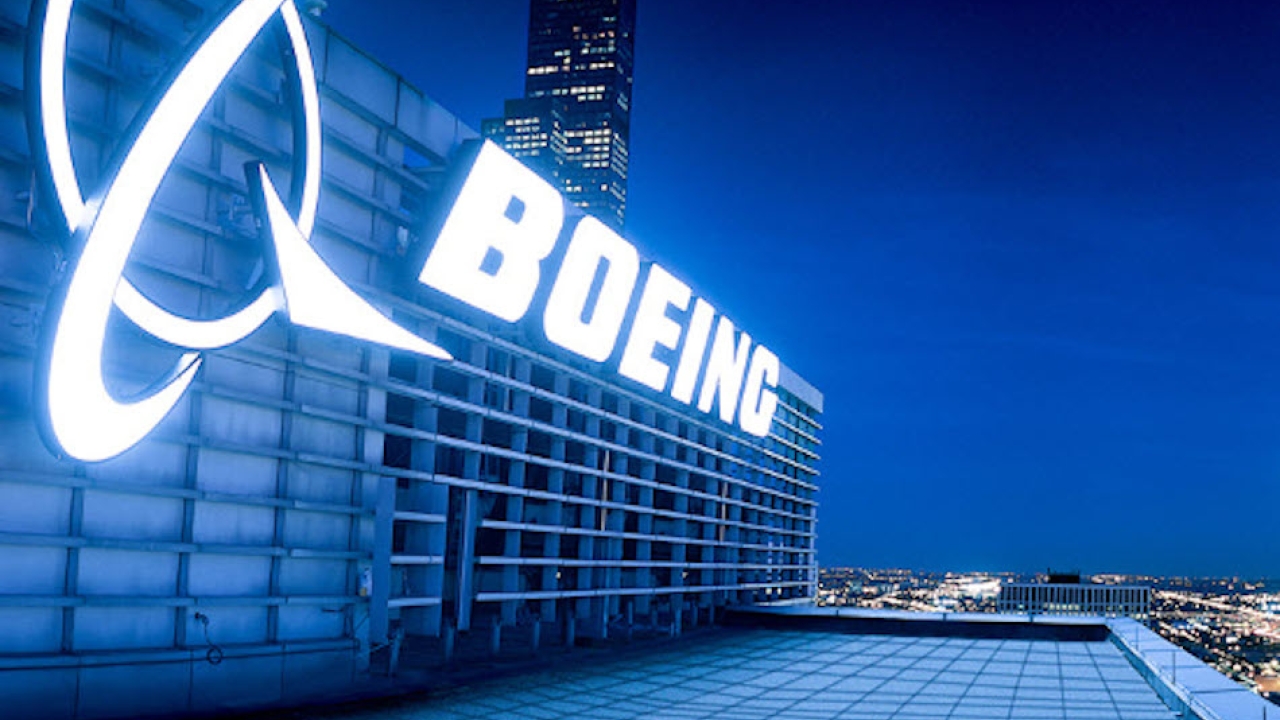Boeing Reports increased growth for aircraft finance sector
Boeing Capital Corporation has released the 2022 Commercial Aircraft Financing Market Outlook (CAFMO) showing improving financing stability as the industry recovers from the global pandemic.

"Financiers and investors remain committed to the long-term fundamentals that continue to make aircraft a valuable asset class," said Tim Myers, president of Boeing Capital Corporation. "Despite the changing landscape since the emergence of the COVID-19 pandemic, the industry remains resilient and there continues to be sufficient liquidity in the market for our customers with increasing opportunities as traffic recovers."
The 2022 CAFMO reflects Boeing's near-term view of market dynamics and assesses financing sources for new commercial airplane deliveries.
"Industry fundamentals continue to show varying degrees of strength in different markets that reflect the regional trends of the global pandemic," Myers said.
- The capital markets continued to play a key role in shoring up liquidity for the sector, with the market close to pre-pandemic levels for most issuers as spreads tightened throughout the year.
- Secured debt for lessors also made a return to pre-pandemic levels with the ABS market making a comeback with volumes at around $8.7 billion, as lessors took advantage of the favourable rate environment.
- Although risk tolerance and activity levels were below pre-pandemic levels, pockets around the world are increasingly looking for business through bank debt.
- Institutional investors and funds continued to seek aviation exposure, filling in where traditional sources of capital retrenched.
- Export credit supported financing for Boeing aircraft contributed about 5% of total funding last year, primarily by the Export-Import Bank of the United States and with one deal supported by UK Export Finance.
The Boeing 2021 Commercial Market Outlook, a separate annual 20-year forecast addressing the market for commercial airplanes and services, projects that through 2040 there will be demand more than 43,500 new airplanes valued at $7.2 trillion.
Stay up to date
Subscribe to the free Times Aerospace newsletter and receive the latest content every week. We'll never share your email address.

